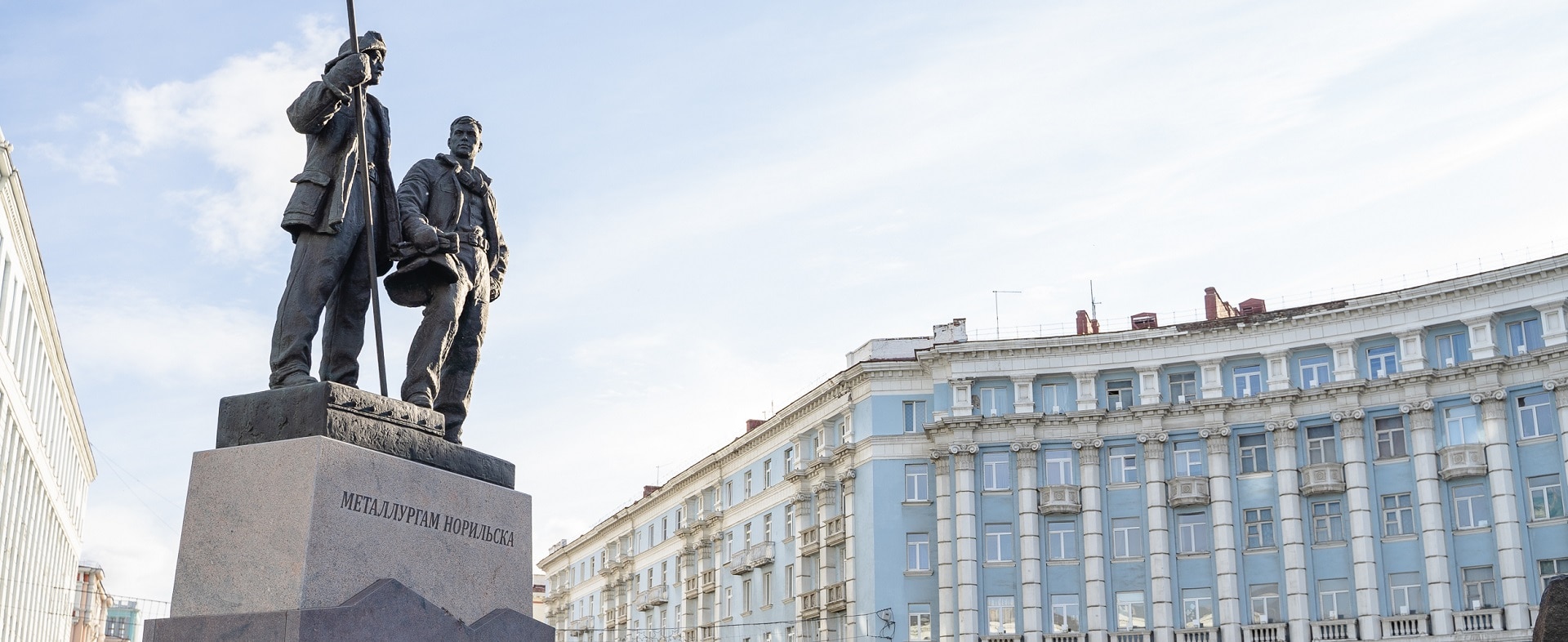Reporting boundaries
Nornickel has established a data collection system that enables aggregating data across the Group’s Business UnitIn total, the Nornickel Group consists of more than 100 Russian and foreign entities. on the Company’s most significant sustainability impacts. The boundaries of information consolidation as part of GRI disclosure in the Report may vary and depend on whether a particular entity has economic, environmental, and social impacts. Any exceptions from the boundaries of specific indicators, including changes for prior reporting periods, are invariably explained either directly in the text of the Report or in footnotes.
The criteria for including an entity in the scope of data collection depend on the specific indicator and are set out in the Company’s internal documents.
Examples of criteria for economic and production indicators include mining, ore concentration, metals production, inclusion of an entity in the consolidated financial statements; for environmental indicators – completion of statutory statistical reporting forms; for personnel‑related indicators – the entity’s average headcount, etc.
The reporting boundaries include data from the Company’s Russian business units, whose specific names are not disclosed in the text of the Report due to the current geopolitical situation. Currently, the ability to collect, independently verify, and disclose information on the Company’s Foreign Business Units is limited. The Group’s only significant foreign production entity, which makes part of the Polar Division, discloses sustainability data on its official website as a separate set of indicators (ESG Databook). Other Foreign Business Units are insignificant in terms of sustainability impacts.
Furthermore, the reporting boundaries do not include investment assets that are outside the Group’s control unless they form a significant part of the Group’s production chain. In 2024, the Company did not carry out any major mergers or acquisitions that would have a substantial impact on the reporting boundaries. No significant changes from prior periods in terms of scope, boundaries, or measurement methods applied in this Report were recorded.

Reporting boundaries for material topics
Legend
| All assets of the Subgroup are included | Assets of the Subgroup with the most significant impacts are included | Entities of the Subgroup are not included |
| Material topics | GRI disclosures | Polar DivisionExcluding Foreign Business Units. | Trans‑Baikal Division | Energy Division | Sales DivisionExcluding Foreign Business Units. | Head Office | Other Group enterprises |
|---|---|---|---|---|---|---|---|
| Training and education | 404‑1, 404‑2 | ||||||
| Employment and decent working conditions in the regions of operation | 201‑3 | ||||||
| 202‑1, 202‑2 | |||||||
| 401‑1, 401‑2 | |||||||
| 403‑6 | |||||||
| 404‑3 | |||||||
| Contribution to the development of local communities | 201‑1 | ||||||
| 203‑1, 203‑2 | |||||||
| 207‑1, 207‑2, 207‑3 | |||||||
| Contribution to the development of national industry through import substitution | – | ||||||
| Emissions | 305‑7 | ||||||
| Innovation projects pursuing sustainable development goals | – | ||||||
| Waste management | 306‑1‑306‑5 | ||||||
| Climate change | 201‑2 | ||||||
| 302‑1, 302‑3, 302‑4 | |||||||
| 305‑1–305‑5 | |||||||
| Health and safety | 403‑1‑403‑5, 403‑8‑403‑10 | ||||||
| Biodiversity | 304‑1‑304‑4 | ||||||
| Water consumption and wastewater discharge | 303‑1‑303‑5 | ||||||
| Information security | – | ||||||
| Industrial environmental safety of production facilities (including tailings storage facilities) | – | ||||||
| Responsible exploration and land rehabilitation | – | ||||||
| Impact of transport on water bodies | – | ||||||
| Responsible supply chain | 308‑1, 308‑2, 414‑1, 414‑2 | ||||||
| Corporate governance and risk management | 2‑9‑2‑20 | ||||||
| Anti‑corruption and business ethics | 205‑1, 205‑2, 205‑3 | ||||||
| Respect for human rights (including those ofindigenous small‑numbered peoples) | 401‑3 | ||||||
| 402‑1 | |||||||
| 405‑1 | |||||||
| 406‑1 | |||||||
| 407‑1 | |||||||
| 408‑1 | |||||||
| 409‑1 | |||||||
| 410‑1 | |||||||
| 411‑1 | |||||||
| 413‑2 |
